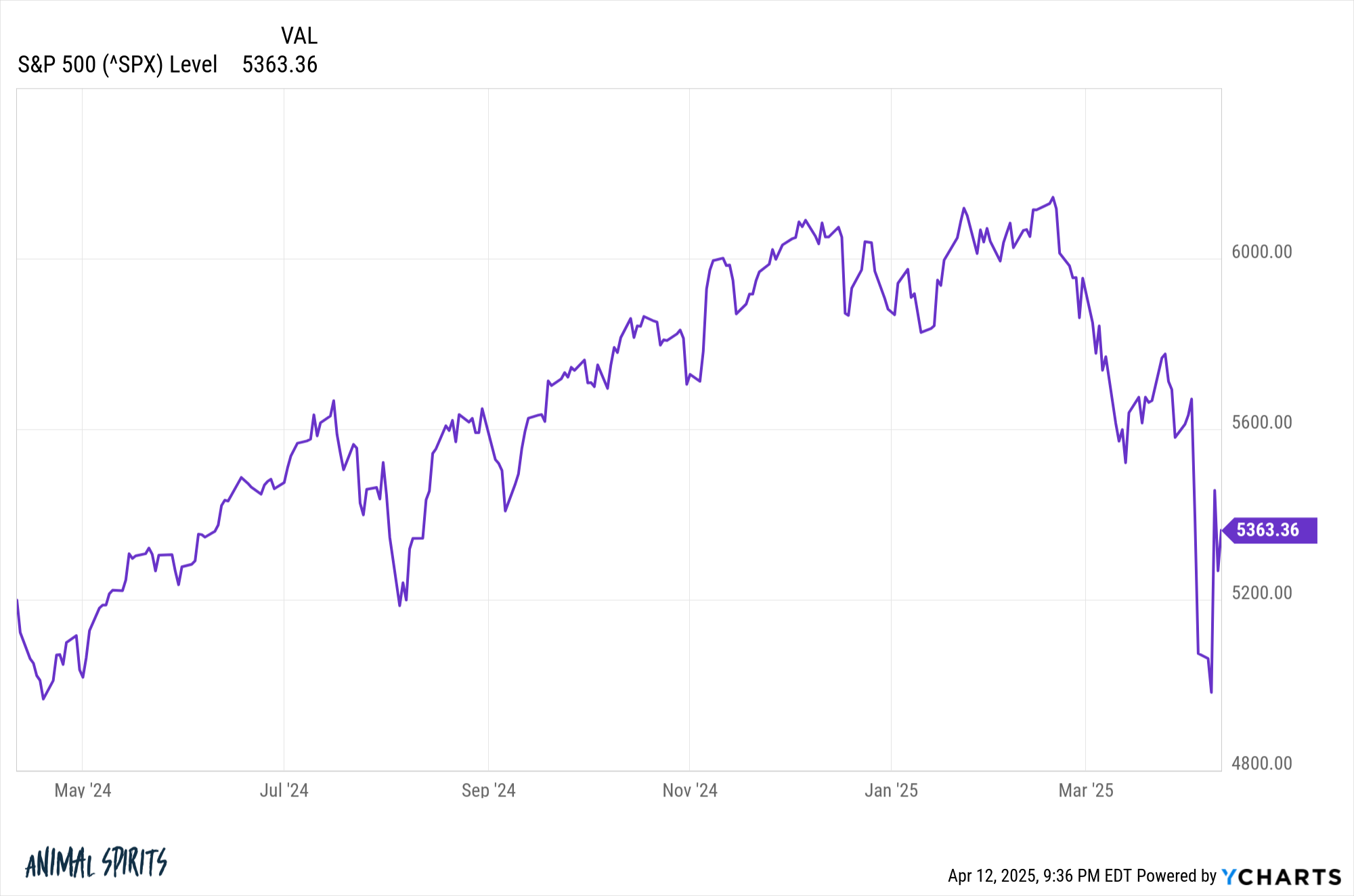I Inherited My Mother’s IRA: Confused About the 10-Year Rule and What to Do Next
If you inherit an IRA, you must withdraw all of its funds within 10 years. This spacing is quite beneficial since you can plan withdrawals over time to minimize your tax burden. Furthermore, if you get laid off, you can use that year to withdraw most of the money that’s sitting in an inherited IRA. […] The post I Inherited My Mother’s IRA: Confused About the 10-Year Rule and What to Do Next appeared first on 24/7 Wall St..

If you inherit an IRA, you must withdraw all of its funds within 10 years. This spacing is quite beneficial since you can plan withdrawals over time to minimize your tax burden. Furthermore, if you get laid off, you can use that year to withdraw most of the money that’s sitting in an inherited IRA.
A Redditor recently inherited an IRA, but the individual only got the IRA two years later. It’s unfortunate that it took so long, but the individual now has eight years to withdraw everything. Any remaining funds automatically get withdrawn after a decade, which can result in a big tax bill if it’s a traditional IRA. Redditors jumped in the comments to share advice.
Key Points
-
A Redditor received an inherited IRA two years after their mother passed away.
-
Commenters offered the Redditor some guidance and told them to part ways with their current advisor.
-
Are you ahead, or behind on retirement? SmartAsset’s free tool can match you with a financial advisor in minutes to help you answer that today. Each advisor has been carefully vetted, and must act in your best interests. Don’t waste another minute; get started by clicking here here.(Sponsor)
Move The Money To A Reputable Broker

One Redditor suggested to part ways with the broker and advisor who notified you about the IRA two years after the Redditor’s mother passed away. Fidelity, Vanguard, and Schwab were the most mentioned brokerage firms. Some commenters had to initiate three-way calls, which included their current broker and the desired broker, to transfer the account.
It’s not a good idea to do business with someone who took a long time to tell you something very important. The Redditor could have started the process of withdrawing funds from the IRA during the 10-year stretch. Multiple commenters were concerned that the advisor delayed telling the client to enjoy the AUM fees for two years. Those fees eat into the nest egg that the mother built.
Planning Your Withdrawals

The Redditor should plan their withdrawals around their taxable income. Making gradual withdrawals will minimize the tax burden, but Trump’s tax policies are worth considering. He has mentioned that he wants to replace income taxes with tariffs, and this development would be a boon for anyone who is withdrawing from a traditional retirement account.
While it’s not a good idea to wait out this potential policy since it may not happen, the elimination of income taxes presents a golden opportunity for making withdrawals. President Trump has also floated no income taxes for people who earn less than $150,000 per year. If this policy is realized, it presents a great opportunity for the Redditor if they earn under $150,000 per year.
This information is good to keep in mind, but it is speculative. If you don’t withdraw funds from the 401(k) during Trump’s presidency, and he doesn’t end income taxes, you will be stuck with higher taxes on your remaining withdrawals. You can also hold off on withdrawals if you plan to retire early or take a work sabbatical.
Don’t Make Any Dramatic Moves

It’s good to switch brokerage accounts, but you shouldn’t withdraw all of your funds in one year. One commenter explains that they put all of their inherited IRA funds into a Roth IRA and were hit with a surprisingly high tax bill.
IRA withdrawals can get expensive even though you are accessing your money. The benefits of avoiding taxes on contributions mean you’ll have to contend with taxes on withdrawals. Take it slow and steady, and check your budget to see how much you can pay.
The post I Inherited My Mother’s IRA: Confused About the 10-Year Rule and What to Do Next appeared first on 24/7 Wall St..































































































































































